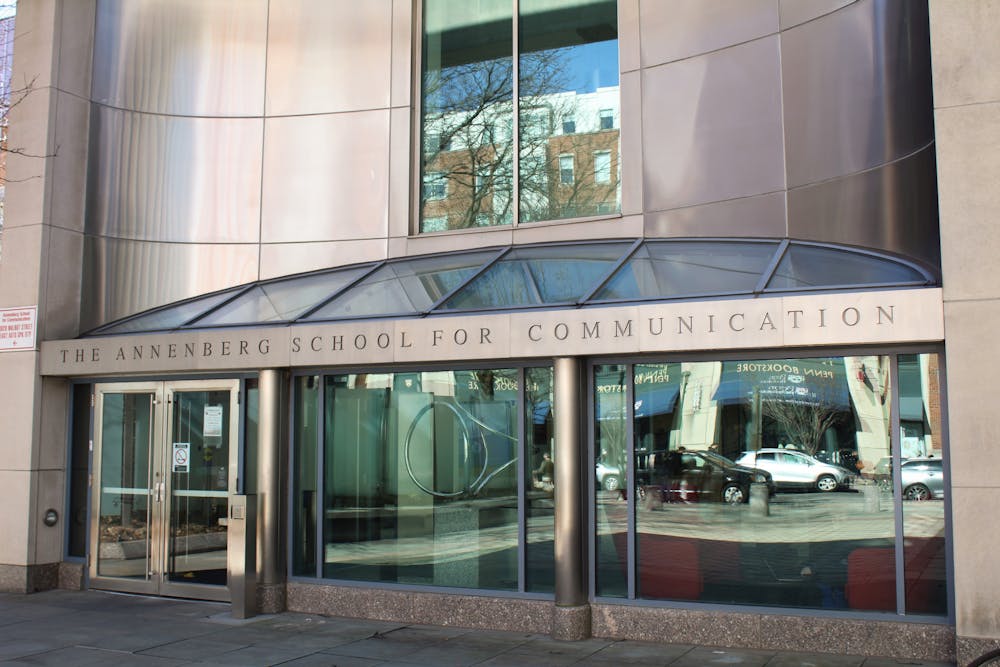
The U.S. National Science Foundation awarded a grant a group of researchers from three universities — including Annenberg School for Communication professor Sarah J. Jackson and Brian and Randi Schwartz University Professor Desmond Upton Patton — to create a program supporting STEM researchers from underrepresented backgrounds.
Credit: Andrea BarajasThe National Science Foundation has awarded over $100K to a research team at Penn, Northwestern University, and New York University to develop a program supporting researchers from historically underrepresented backgrounds.
Penn's research team will be led by Annenberg School of Communication professor Sarah Jackson and Brian and Randi Schwartz University Professor Desmond Upton Patton. To develop the Critical STEM Faculty Alliance, they will collaborate with New York University's Charlton McIlwain and Rayvon Fouche and Aymar Jean Christian at Northwestern University over the next two years.
The grant comes from NSF’s Alliance for Graduate Education and the Professoriate program, which aims to “promote equity and the professional advancement of the Alliances for AGEP populations who are pursuing, entering and continuing in non-tenure and tenure-track STEM faculty positions.” The researchers will design and scale a mentoring program to increase the representation and success of the doctoral students and faculty with historically underrepresented STEM faculty.
Jackson has led past efforts to bolster representation of marginalized communities, serving as co-director of the Media, Inequality & Change Center as well as a founder and advisory board member of the Center for Critical Race and Digital Studies. Additionally, Patton’s work uniquely combines social work, communication, and data science to gain a holistic perspective on various business and social issues.
The NSF grant follows Penn’s ongoing efforts to advance equity in STEM Education. In December 2022, Penn received $505,000 in grant funding from the Howard Hughes Medical Institute to examine and improve diversity in introductory science courses. This funding is spread over a six-year period and is intended to eliminate the “stereotype threat” that students feel out of place in a classroom, according to the past Dean of College Arts and Science Paul Sniegowski.
“This is the first step in bolstering resources for underrepresented minority researchers whose work ensures that technology serves the public interest, especially those from communities most negatively affected by it,” Jackson told the Annenberg School for Communication in the announcement. “Following this assessment, we plan to design and scale a mentoring program that will advance new agendas in critical technology research and minimize harm from computing technology.”
The Daily Pennsylvanian is an independent, student-run newspaper. Please consider making a donation to support the coverage that shapes the University. Your generosity ensures a future of strong journalism at Penn.
Donate






